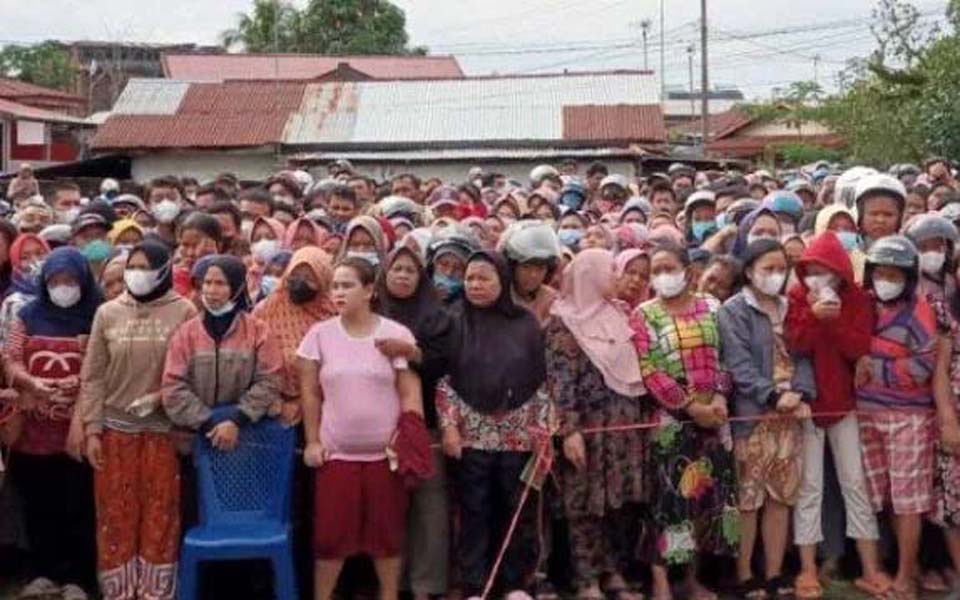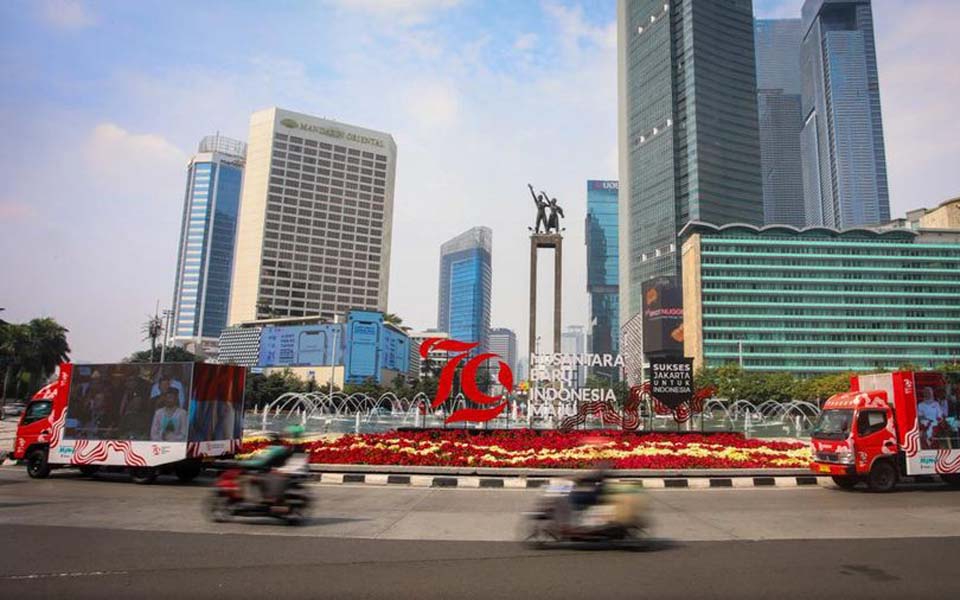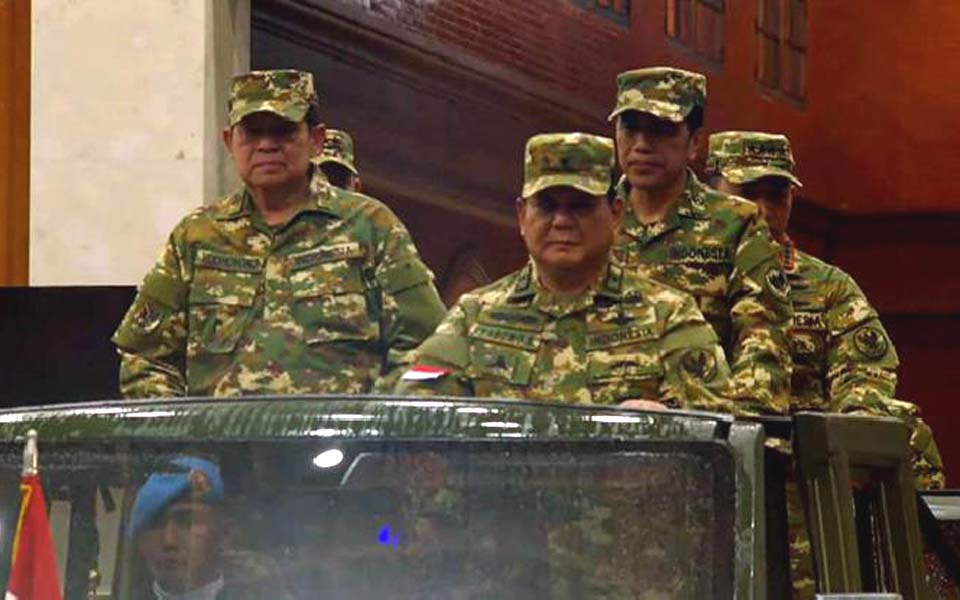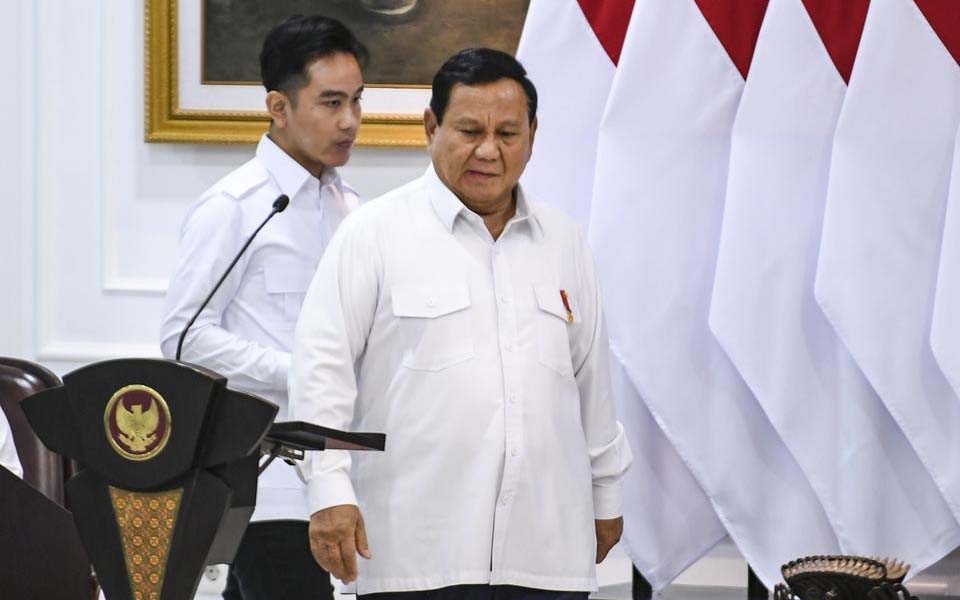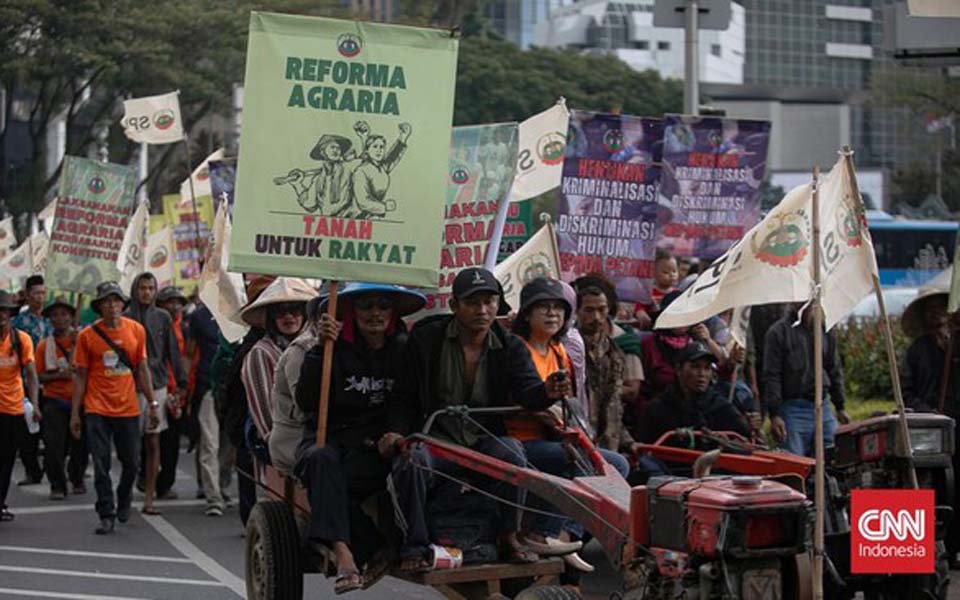Ardito Ramadhan, Jakarta – A survey conducted by Kompas Research and Development (Litbang Kompas) shows that the majority of respondents have experienced difficulties purchasing basic necessities since early April.
In early April, cooking oil, one of society's basic needs, became scarce and at the same time prices rose quite significantly.
The government, which had initially set a price cap on cooking oil prices, in the end left the price up to the market. Following this cooking oil returned to the mini-market and traditional market shelves, although at almost twice the price.
Finally, President Joko "Jokowi" Widodo announced a ban on cooking oil and crude palm oil (CPO) exports. This policy intervention was so cooking oil stocks would become abundant at affordable prices.
According to the survey, only 29 percent of respondents were not having difficulties purchasing basic necessities.
"Seven out of 10 respondents admitted to difficulties affording basic necessities", wrote Litbang Kompas researcher Arita Nugrahaeni as quoted in Kompas Daily on Monday April 25.
If broken down, 31.8 percent of respondents admitted to difficulties purchasing goods because of high prices and scarcity. Meanwhile 27.6 percent admitted to difficulties purchasing goods because of high prices and 11.6 percent admitted to difficulties because of scarcity.
Based on the same survey, the majority of respondents also admitted to feeling the effect of the hike in the price of non-subsidised fuel (BBM).
In early April the government increased the prices of Pertamax petrol to 12,500 rupiah per liter or 39 percent higher than its previous price.
"Eight out of 10 respondents declared they were impacted on by the Pertamax price hike. As many as 49.5 percent felt a direct flow on as users. Meanwhile 28.2 were impacted upon indirectly", said Nugrahaeni.
Government capacity to deal with problem
The survey also asked respondents about the public's perception of the government's capacity to deal with the problem of basic necessities during the Ramadan fasting month.
The result was that as many as 43.5 percent of respondents believe the government is incapable of ensuring the availability of basic goods during the fasting month, compared with 53.5 percent of respondents who believe the government can ensure availability.
In addition to this, the majority of respondents (66.3 percent) believe that the government is incapable of controlling the increasing prices of basic goods, and only 32.5 percent of respondents believe the government can control prices.
Nevertheless, more than half of respondents (50.8 percent) claimed they were certain that the government would ensure the public's ability to purchase basic necessities.
According to Nugrahaeni, this shows that the public still has hope that the government will diffuse anxiety about basic necessities as soon as possible.
"This could begin by striking a balance between the government's attention to the agenda which exists within elite dynamics and the real conditions currently being faced by the public", wrote Nugrahaeni.
Focusing on new capital
The Litbang Kompas survey also showed that the majority of the public believe that the government is more focused on constructing the new capital city (IKN) in East Kalimantan that the economic situation.
The survey found that 51.3 percent of respondents believe that the government is more focused on constructing the new capital city, compared with 47.1 percent who do not agree with this view.
"Meaning, more than half of respondents feel the government's orientation is not sufficiently directed towards domestic social problems", wrote Nugrahaeni.
Nugrahaeni said that it cannot be denied that the government is all fired up making preparation for the new capital city.
This can be seen from the process of deliberating the draft law in the IKN which only took 43 days until it was ratified in January 2022.
Then on February 15 President Widodo signed off on the law and less than one month later appointed the IKN authority head and deputy head.
"Prioritising the public's needs at the moment is very important if the government does not want to lose public trust. The publics experience with the scarcity of basic goods has created pessimism", wrote Nugrahaeni.
The survey was held through interviews with 504 respondents aged over 17 years in 34 provinces between April 5-9.
The sample was determined randomly by the Litbang Kompas panel in accordance with the proportion of the population in each province. Using this method, the survey had a 95 percent level of confidence and 4.37 percent margin of error.
[Slightly abridged translation by James Balowski based on two articles by Kompas.com on April 25. The original title of the lead article was "Survei Litbang Kompas: 7 dari 10 Responden Sulit Beli Kebutuhan Pokok pada Awal April".]





